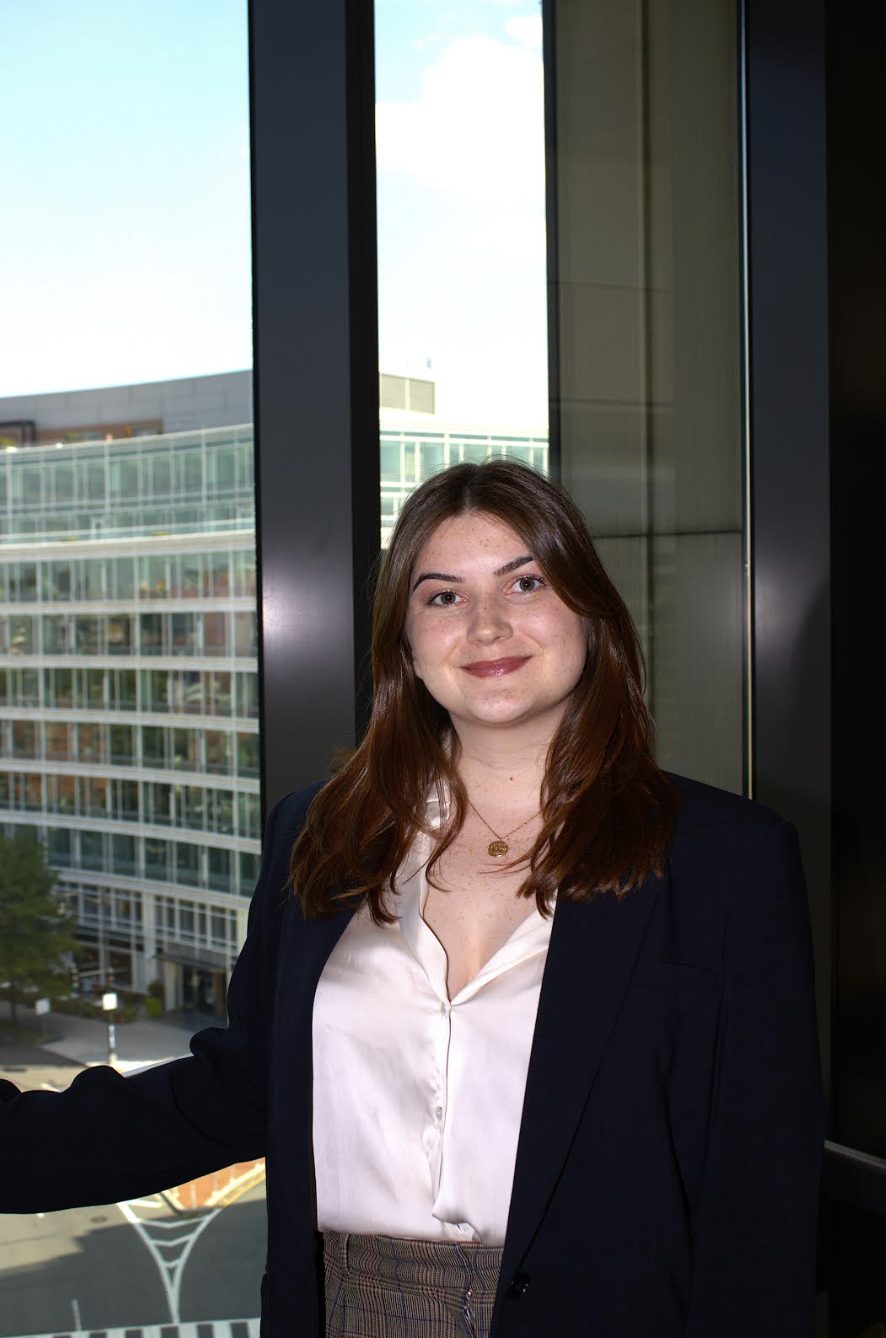When I applied for the Maternal and Child Health Leadership Training Program, I was looking for both a way to hone leadership skills for my future role as a physician assistant with a master’s degree in public health and a way to integrate more into the GW maternal and child health community. I was particularly interested in learning skills I could incorporate into a career within women’s health that would help me blend my public health background with the practice of medicine. I wanted to employ the skilled gained at this intersection to improve health outcomes at both the individual and systemic levels. I can confidently say that this program has both met and exceeded these expectations.
One program session that really resonated with me was focused on the topic of Nonprofit Leadership and Management—taught by Dr. Monica Ruiz. In this session we learned the skill of how to resolve conflict within the workplace. We went through peer-to-peer scenarios, scenarios where we were in a position of authority, and scenarios where the conflict involved someone in authority above us. This felt incredibly applicable to career development as a physician assistant with a public health background. Taking on leadership positions within my future jobs will require the ability to handle potential conflict on all fronts. As someone who typically shies away from confrontation, this session helped me practice the skill of mediation rather than avoidance. The ability to calmly and respectfully talk through disagreements will serve me well in all areas of my life going forward.
Another session that I found particularly impactful was on the topic of advocacy on capital hill with Dr. Zoë Beckerman. In this session we learned the building blocks of how to conduct an effective advocacy visit with a representative about an important public health issue. Coming in with no prior experience on this topic, I felt like I learned a ton about what components representatives value within a pitch such as real-life stories, financial benefits, and constituent support. I also think that performing mock hill visits dispelled some of the anxiety surrounding talking with a government official and what that would entail. This felt so important to my future as a leader within public health and the medical community. I want to be a provider that takes the initiative to advocate for my patients and their needs within local, state, and federal contexts. Having practiced this skill, I will be more effective in creating lasting change for the people I serve every day.
Beyond just the skills that I learned within the leadership training program, I made lasting friendships with other members of the GW maternal and child health community. Being in the dual PA/MPH degree program can sometimes be isolating in that we do not follow the same schedule as many of our MPH peers. I truly cherished the time set aside to talk with the other members of the program about issues that we were passionate about. I know that the connections formed within this program will be invaluable in my future work, as every member I encountered was brilliant with a promising career in public health leadership ahead of them. I plan to keep these relationships close as I carve out my path within the intersection of public health and medicine.


